A dental crown is a tooth shaped cap that encircles the tooth to restore its appearance and function. If your teeth is damaged or severely decayed, then after the root canal treatment is done, a dental crown is needed, as the strength of the cement over such a big cavity cannot withstand the chewing forces for a long time. It could lead to tooth fracture, and we might have to extract the tooth. So, to save the tooth, it is essential to get a dental crown as early as possible.
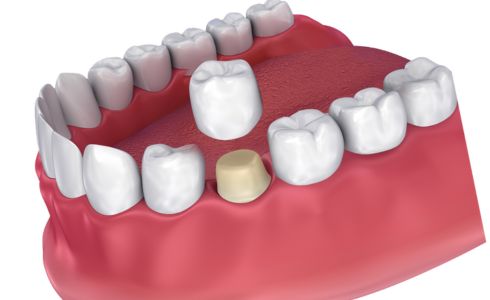
There are three major types of Dental crowns:
There are two types of metal-based crowns: All metal crown and metal ceramic crown.
All metal crown, as the name suggests its completely only metal (cobalt chromium) on all surfaces. Hence the colour is black or silver. It is not aesthetic and cannot be used for front teeth. In terms of strength and durability, it is the strongest and most durable of all crowns.
Metal ceramic crowns have an inner metal layer (silver) and outer ceramic coating (white). Hence it is quite aesthetic compared to all metal crown. Sometimes due to uneven load, the ceramic layer might chip off exposing the inner metal layer. The metal crowns also cause gum allergy which could be a black line on the gums or mild spacing in between the crown and tooth structure. After Tooth preparation, Measurement is taken with a traditional impression and sent to the lab. The crown is manufactured with casting and layering technique, luted using GIC (basic) material.
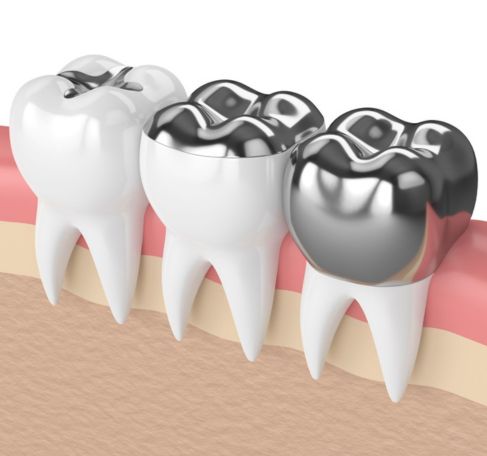
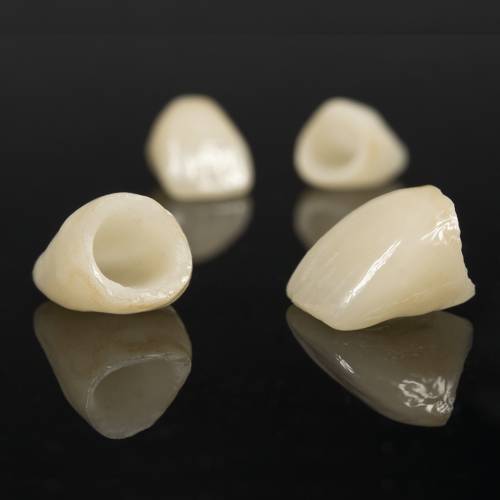
They are completely white inside and out made of zirconium dioxide (white metal), free of the silver metal. There are two types of zirconia crowns – zirconia basic and zirconia premium. Basic zirconia crowns are made of a single layer of zirconia. They have only one shade from top to bottom. Our natural tooth does not have only single shade. Our teeth have multiple shades, darker near the gums and lighter towards the tip. But Basic zirconia has superior strength and durability like metal crowns, and they do not chip off or break. Hence basic zirconia crowns are better for the back teeth and not aesthetic enough for the front teeth.
Zirconia premium is Multilayered zirconia. It has different layers, hence different shades in a single crown. This type of zirconia crown can be used for front tooth as it looks quite natural like your other natural teeth. After tooth preparation, the crown is digital 3d scanned using Intraoral scanner, designed and milled using CADCAM technology. Hence it is more accurate and faster. They are lured to the tooth using Resin modified GIC (strong material).
Glass ceramic/ Biomimetic crowns are the latest advanced and the best crowns in dentistry now. They are made of Lithium disilicate glass ceramic. They look so lifelike; you will be unable to differentiate between a natural tooth and a glass ceramic crown. They are translucent and allow light to pass through them and bring out the natural colour of the tooth. They also only require minimal tooth preparation compared to other crowns which require extensive tooth preparation. Their strength is equal to that of a natural crown. At JaiDent, after tooth preparation, the tooth is optically scanned using Intraoral scanner and the crown is designed using computer aided designing and manufactured by wet grinding method. They are bonded to the natural teeth using Resin (Strongest high end) material.
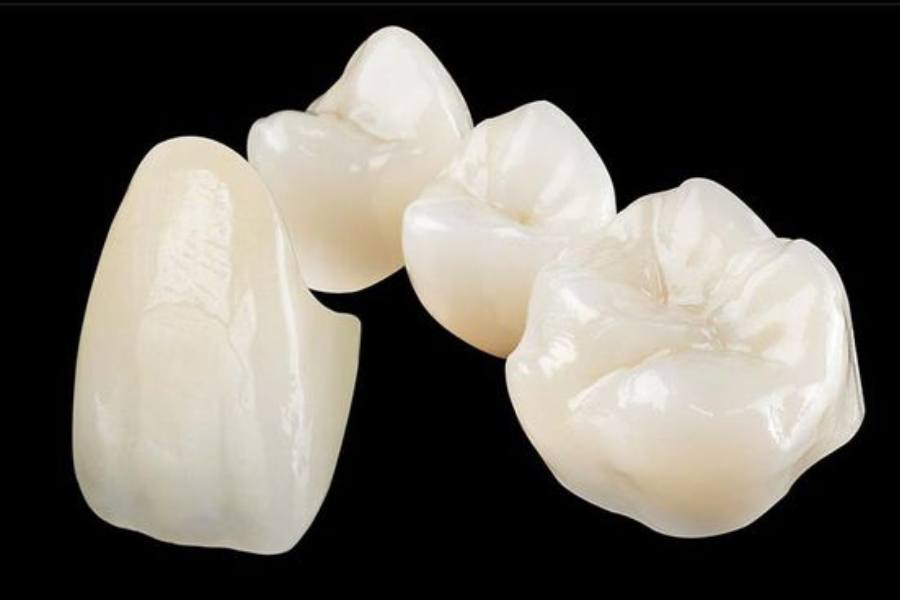
A dental crown, or a dental cap, is fixed and it covers and protects an individual’s damaged or weakened tooth. It is custom-made by a dental crown specialist to match the size, shape, and color of the natural tooth it replaces.
Dental crowns are typically recommended in the following situations:
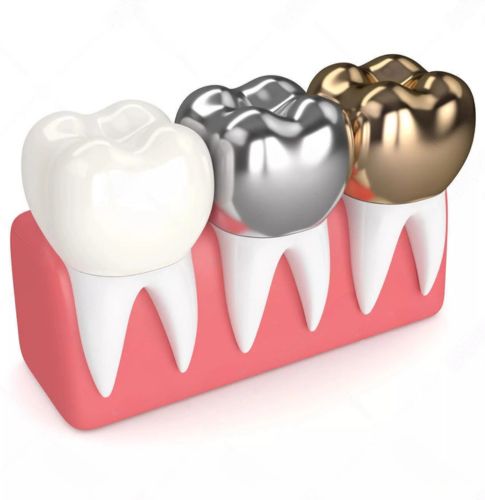
As the name suggests, a dental bridge is a dental prosthesis that bridges the gap created by one or more missing teeth. It consists of one or more artificial teeth, anchored on the adjacent healthy teeth or dental implants.

Dental bridges are typically recommended in the following situations:
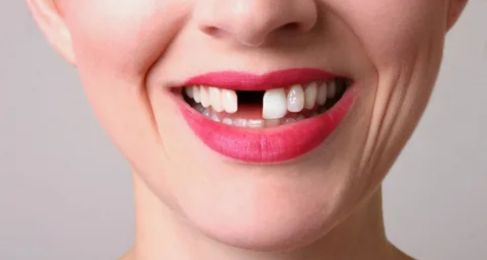
Dental bridges are an effective solution for replacing one or more missing teeth. They restore the functionality of the missing teeth, prevent the surrounding teeth from shifting, and improve overall oral function.

Dental bridges not only restore oral function but also improve the appearance of your smile. They are designed to match the color and shape of your natural teeth, providing a seamless and natural-looking result.
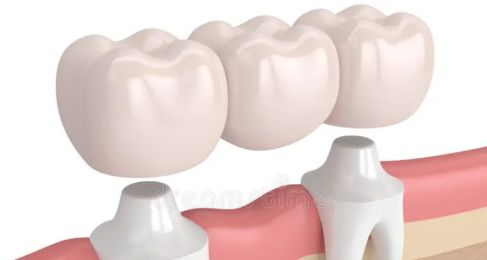
Dental bridges are more efficient in functionality than a removable denture also dental bridges can provide a fixed teeth replacement solution in cases where dental implant is contraindicated due to systemic or local factors.
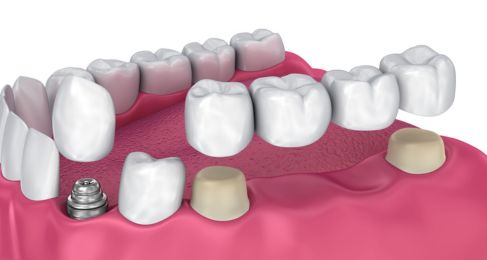
Dental crowns primarily protect and restore individual damaged teeth, while dental bridges replace missing teeth and fill the gap between healthy teeth.
Dental crowns are generally placed over a single tooth, requiring the removal of some enamel to accommodate the crown. Dental bridges involve preparing the adjacent teeth by removing some enamel to support the bridge’s crowns.